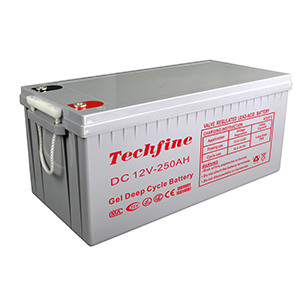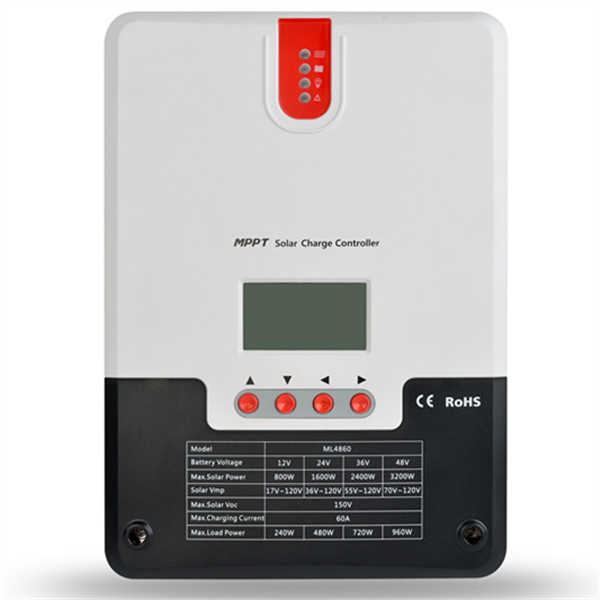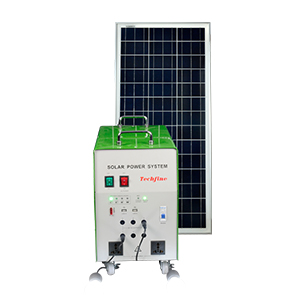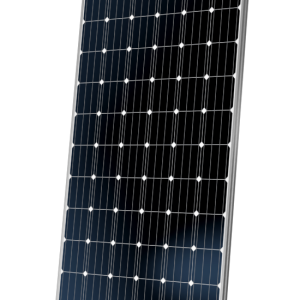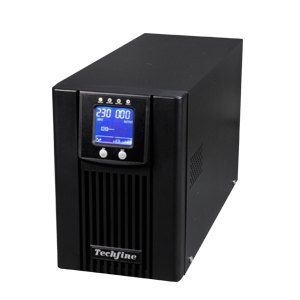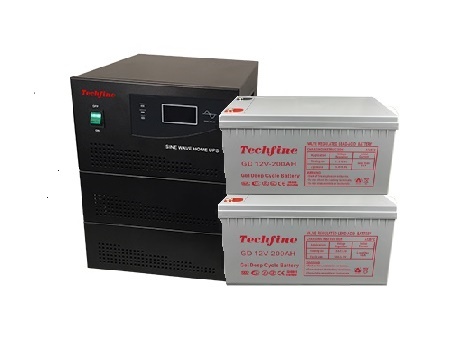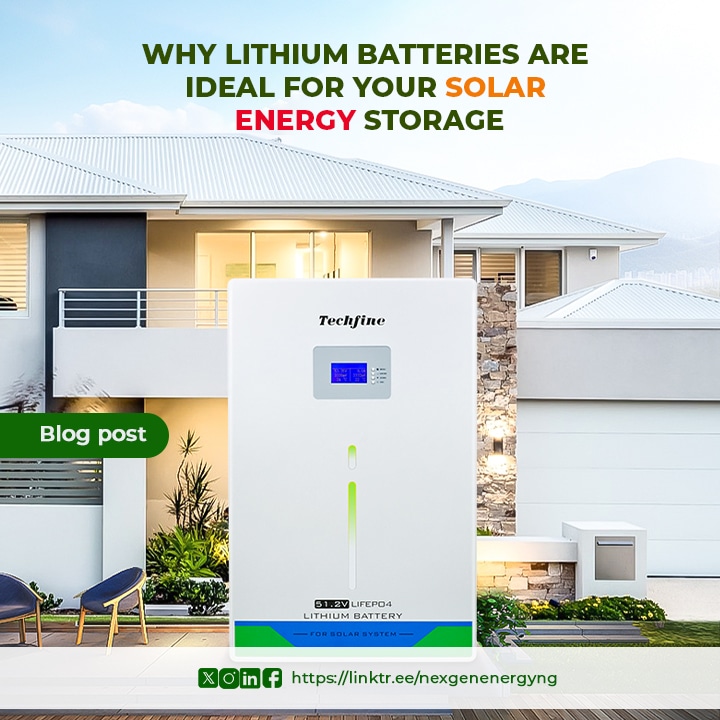In 2024, lithium batteries for solar energy storage will become increasingly popular. As the use of solar energy gains traction, the need for efficient storage systems becomes crucial. Lithium batteries stand out in this regard, offering numerous advantages that make them ideal for solar energy storage.
Let’s take a deep dive to learn more about the benefits packaged in a typical Techfine lithium battery
Long Lifespan
One of the most compelling reasons to choose lithium batteries for solar energy storage is their impressive lifespan. Unlike lead-acid batteries, which may need replacing every few years, lithium batteries can last up to ten years or more. This extended lifespan translates to fewer replacements, making them a cost-effective and environmentally friendly option. Lithium batteries excel in two key areas that contribute to their long lifespan:
Cycle Life: Lithium batteries can endure thousands of charge and discharge cycles without significant loss of capacity. This means they can handle the daily charging and discharging associated with solar energy systems without degrading quickly. A lithium battery can go through 3,000 to 5,000 cycles before its capacity drops below 80%.
Calendar Life: Even when not in use, lithium batteries maintain their efficiency over the years with minimal degradation. This ensures that they will be ready to store solar energy whenever needed. For solar energy systems, this means that the investment in a lithium battery system will provide reliable energy storage for many years, reducing the need for frequent replacements and maintenance.
High Energy Density
Lithium batteries are known for their high energy density, which means they can store more energy in a smaller space compared to other battery types. This characteristic is particularly important for solar energy storage, where space can often be a constraint. Space Efficiency: The compact size of lithium batteries allows for more flexible installation options, whether in residential or commercial settings. This is particularly beneficial for those with limited space. For instance, a lithium battery pack can provide the same amount of energy as a much larger lead-acid battery pack, freeing up valuable space for other uses.
Energy Output: The high energy density ensures that a small battery can deliver a significant amount of power, making it ideal for applications where both power and space are at a premium. This means that solar energy systems equipped with lithium batteries can store more energy during the day and deliver it when needed, maximizing the efficiency of the solar power system.
Fast Charging Capability
In the renewable energy landscape, quick recharge times are essential. Lithium batteries charge faster than their counterparts, ensuring that solar energy is stored efficiently and ready for use.
Charge Rate: Lithium batteries are capable of handling high charge currents, which means they can be recharged quickly. This reduces downtime and ensures that the energy captured from the sun is promptly stored. For example, a lithium battery can be charged to 80% capacity in about an hour, while a lead-acid battery might take several hours to reach the same level of charge.
Efficiency: Fast charging does not generate significant heat, which is crucial for maintaining the longevity and safety of the battery. Lithium batteries have advanced thermal management systems that keep them cool during charging, preventing overheating and ensuring that the battery remains safe and efficient.
Lightweight and Portable
Lithium batteries are significantly lighter than lead-acid batteries. This characteristic makes handling and installation easier and more cost-effective.
Specific Energy: Higher specific energy means that lithium batteries have a lower weight for the same capacity compared to other battery types. This makes them easier to transport and install, reducing labour costs and installation time. For instance, a lithium battery might weigh half as much as a lead-acid battery with the same energy capacity, making it much easier to handle.
Portability: Their lightweight nature also means that they can be used in a wider range of applications, from residential solar storage systems to portable solar-powered devices. This versatility is particularly beneficial for off-grid and mobile applications, where weight and space are critical considerations. Portable solar power systems equipped with lithium batteries can provide reliable power for camping, RVs, boats, and other remote applications where traditional power sources are not available.
Final Thoughts!
In conclusion, investing in lithium-ion batteries is the way to go for efficient energy storage. Whether you desire to enhance a home setup or a business solar energy system, choose lithium batteries for your solar storage needs and see the difference in performance and peace of mind.
For more information on how lithium batteries can improve your solar energy system, contact us today!
References;
“BU-808a: How to Prolong Lithium-based Batteries.” Battery University
“Lithium-ion Batteries: Why They’re a Game-Changer for Solar Storage.” Solar Reviews
“Lithium-Ion vs. Lead-Acid Batteries: Which Is Best For Solar Storage?” Forbes
“The Benefits of Lithium-Ion Batteries for Solar Storage.” Green Tech Media

